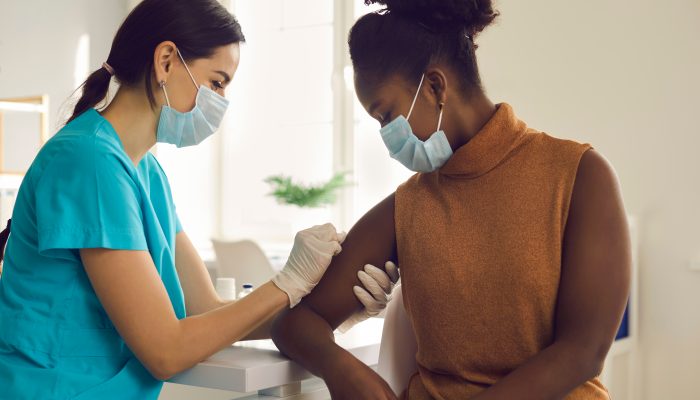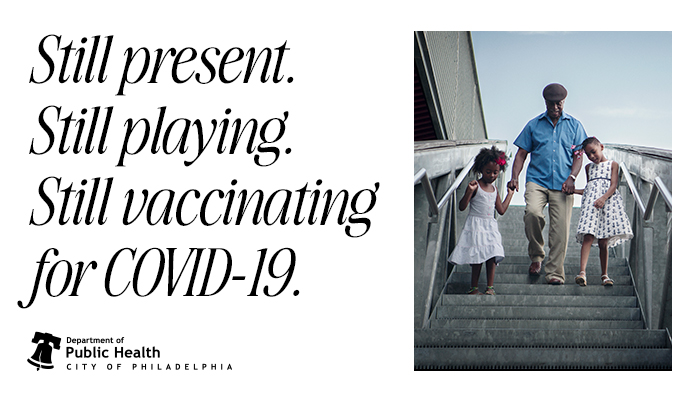Most people know HIV, chlamydia, syphilis, and gonorrhea are sexually transmitted infections, but did you know hepatitis B and hepatitis C viruses can also be transmitted through sex?
During Hepatitis Awareness Month in May, the Philadelphia Department of Public Health is urging everyone to get the facts about hepatitis B and hepatitis C.
While it’s true that hepatitis B and hepatitis C can be transmitted through injection and other means of drug use, it’s important to remember they can be transmitted during sex as well. Many people don’t know that hepatitis B virus is 50 to 100 times more transmissible than HIV and hepatitis C virus can stay infectious after weeks on a surface. In 2021, there were 550 reported chronic hepatitis B cases and 1,070 reported chronic hepatitis C cases, but only 365 new HIV cases in Philadelphia. Because these infections are chronic, there are currently more than 24,000 people living with hepatitis B and more than 23,000 people living with hepatitis C in Philadelphia.
Get vaccinated for hepatitis B
There are many ways you can help protect yourself against hepatitis B and hepatitis C. For example, there’s a vaccine available for hepatitis B. The Centers for Disease Control and Prevention (CDC) recommends that everyone get vaccinated for hepatitis B. Talk to your healthcare provider or pharmacist about getting vaccinated.
Don’t share these household items
While there is no vaccine for hepatitis C, there are other ways to protect yourself. Because hepatitis B and hepatitis C can be spread through blood, it’s important that you don’t share household items such as razors, toothbrushes, and tweezers. In addition, when getting tattoos or piercings, make sure new or sterilized tools are used during those procedures. All body artists in Philadelphia must be licensed by the health department and certified in bloodborne pathogen training to help protect themselves and their customers.
Practice safer sex
As with all STIs, practicing safer sex is a good way to help protect yourself and stop the spread of both hepatitis B and hepatitis C. Consistent and correct use of condoms and dental dams reduces the risk for many STIs that are transmitted through blood and other bodily fluids, such as semen and vaginal fluid. Philly Keep on Loving mails HIV and STI test kits, condoms, dental dams and lubricant to Philadelphia residents at no charge. Condoms in various sizes are also available free at Health Center 1, 1930 S. Broad St., and at Health Center 5, 1900 N. 20th St., in Philadelphia.
Hepatitis B and hepatitis C affect many people in Philadelphia, however, there are some communities that are disproportionately impacted. They include older adults, veterans, immigrants – particularly those from Asia and the Pacific Islands, Africa and Eurasia – and people who use drugs. The CDC recommends that everyone, regardless of background, get tested at least once for hepatitis B and hepatitis C and get vaccinated for hepatitis B. There are various vaccinating pharmacies and testing locations available to you in Philadelphia.




